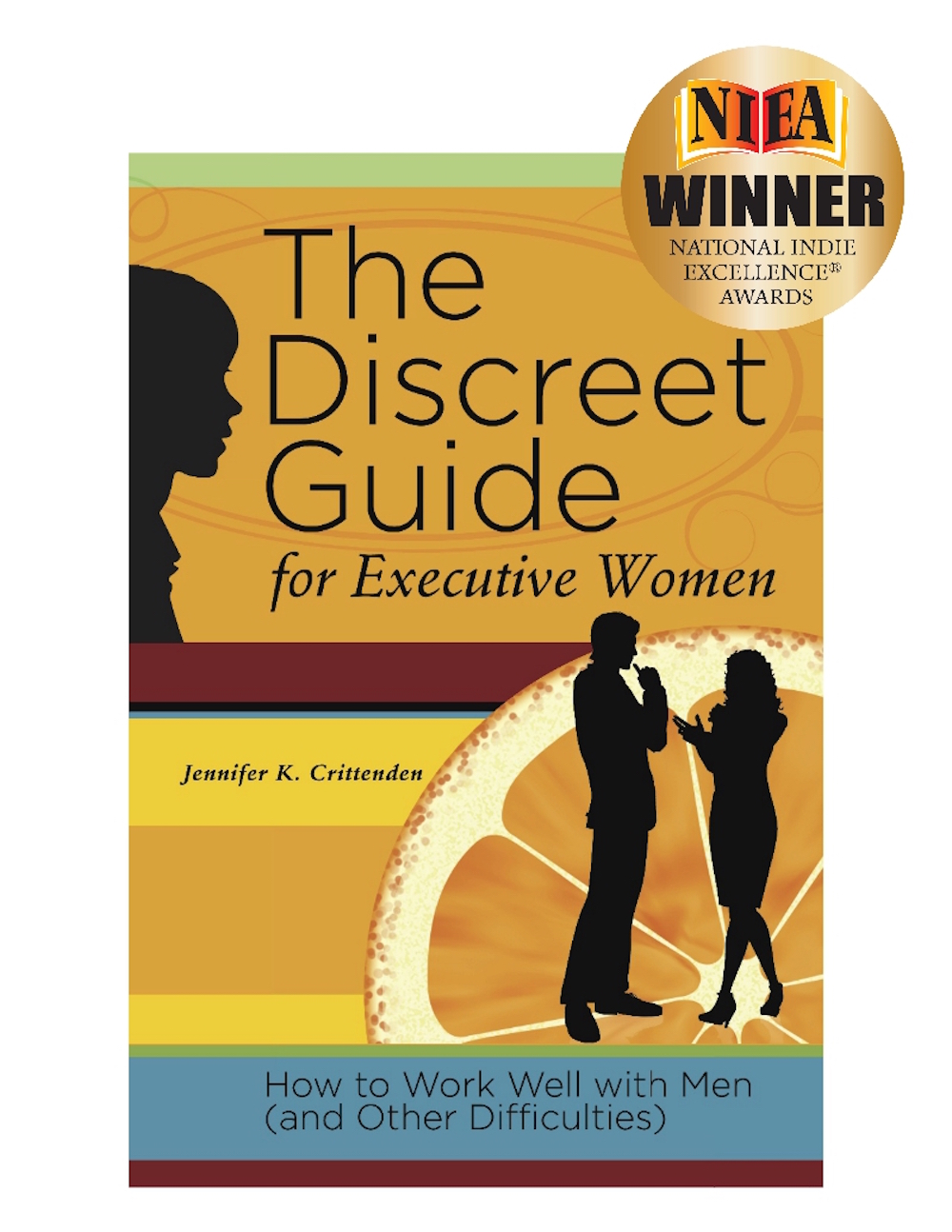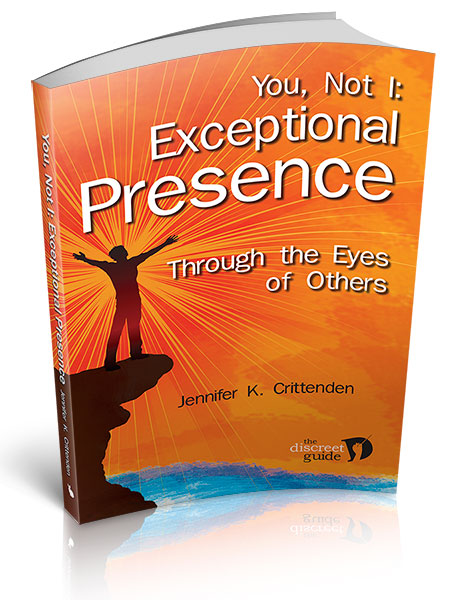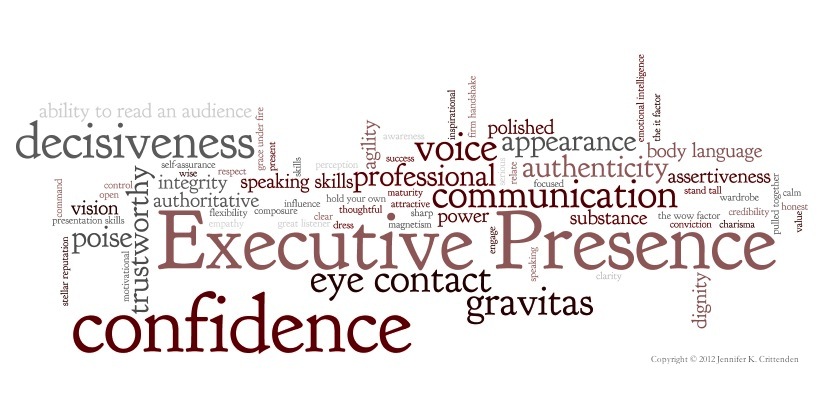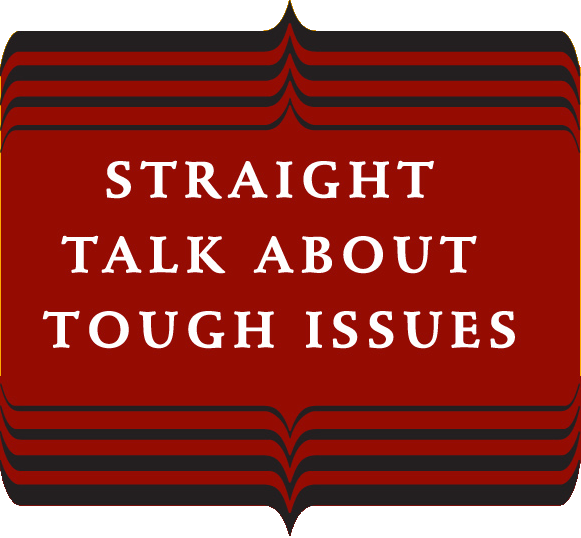Excerpt from The Discreet Guide for Executive Women
Interviews are the key to advancement, so don’t leave them to chance. The more preparation you have, the more confident you’ll feel, and the more likely you are to go on interviews and do well. I like Martin Yates’s books about job hunting, but there are many excellent ones. Consult several.
That brings us to another mistake young women who are still in school sometimes make: avoiding interviewing. Again, the excuses are usually weak: “That company isn’t hiring—they’re just keeping up a presence at the placement center,” “I don’t like talking about myself,” “I know they won’t hire me anyway—I’m not their type.” Ha! All these excuses are actually good reasons to go and interview, just for practice. The more you practice, the more comfortable you’ll feel, and the better you’ll get at it. Then, when you get an interview at a company you really care about, you’ll knock ‘em dead.
Here’s an example: The director of the placement center at my graduate school predicted I would struggle during the interview process. “You’re too quiet and too modest,” he said. He probably also meant “too unconventional and too female,” but he stopped himself. I was stunned. I’d been successful at finding work before business school—were these interviews really that different? But I buckled down. I read, practiced, sought feedback, and interviewed and interviewed. Any company that invited me to their site got a visit from me—and guess what—I ended up with fourteen job offers. The director just laughed and shook his head when he told me I’d set a new record at the center. I was surprised and glad I’d overcome the weaknesses he’d observed.
A recruiter made an observation I’ll pass along here. She said, “Once you’ve been invited to the interview, nothing is standing between you and the job offer. They’ve invited you because they think you’re a match. You have the correct background, experience, education, etc. On paper, you fulfill their expectations. So, it’s only up to you to blow it during the interview.” That’s a new perspective on what you’re trying to accomplish in the interview. Make sure it’s a job you want, and don’t blow it.
On the other hand, when you get turned down for a job, I wouldn’t worry about it. Recruiters are often very skilled at identifying candidates who will fit into their company. That’s why you want to be forthright and transparent during the interview process. Don’t pretend to be something you’re not and try to fool the company into hiring you. If you’re not a natural fit with their culture, you’ll hate it there and you won’t stay. Trust them to make an accurate evaluation of your style and character and objectively assess whether you’ll flourish in their environment. If you get rejected, be happy—maybe they’ve just saved you from some horrible boss you wouldn’t have been able to tolerate.
Beware, occasionally, junior business people become a bit defensive during and after the interview, so they miss an opportunity to make an even better impression. Of course, you’re not over-selling during the interview—that just hinders the process. But you are gathering an extraordinary amount of information about what the company needs during your time there. Why not capitalize on that information to impress upon your potential employer that you’ve been listening, assimilating, and reflecting on how you might contribute? A followup thank you letter or email is a great way to do that. I sometimes hear candidates say, “Well, I’ll wait to see if I get an offer before I get in touch again.” Why? Is contact with you such a coveted experience that people are standing by breathlessly in hopes of stealing a rare exchange? Nope, it isn’t. So, write a formal thank you letter and make some observations about what you learned and what your thoughts are. Make it meaty; don’t just go through the motions. Also don’t handwrite your thank you notes for interviews. If you’re invited to dinner at someone’s house, you can handwrite a thank you note to the hosts, but business correspondence should be typed.
You should be getting the general drift here of my guidance: Don’t be shy. Show off! Have fun! I envy you just starting out. I hope you have a thirty-year career and that in the end, you’ve been transformed into a revered and powerful businessperson. This can be a fabulous adventure.





 Ten 90-minute individualized sessions. Private and confidential.
Ten 90-minute individualized sessions. Private and confidential.

